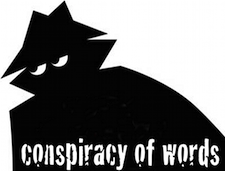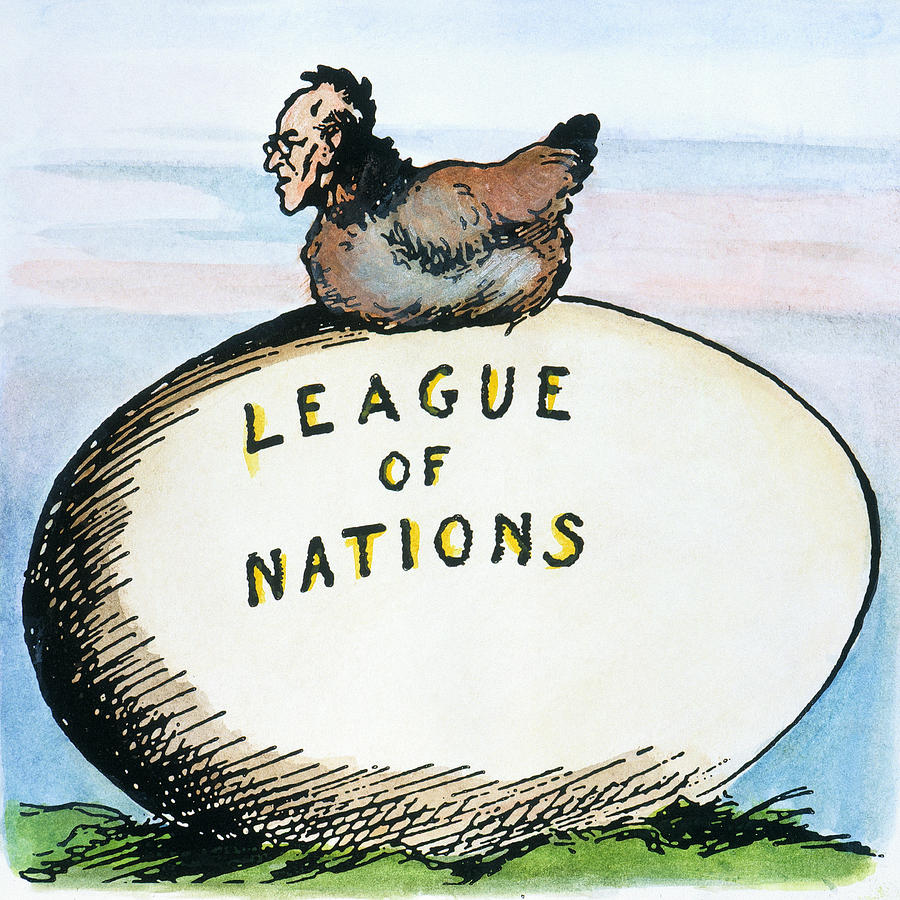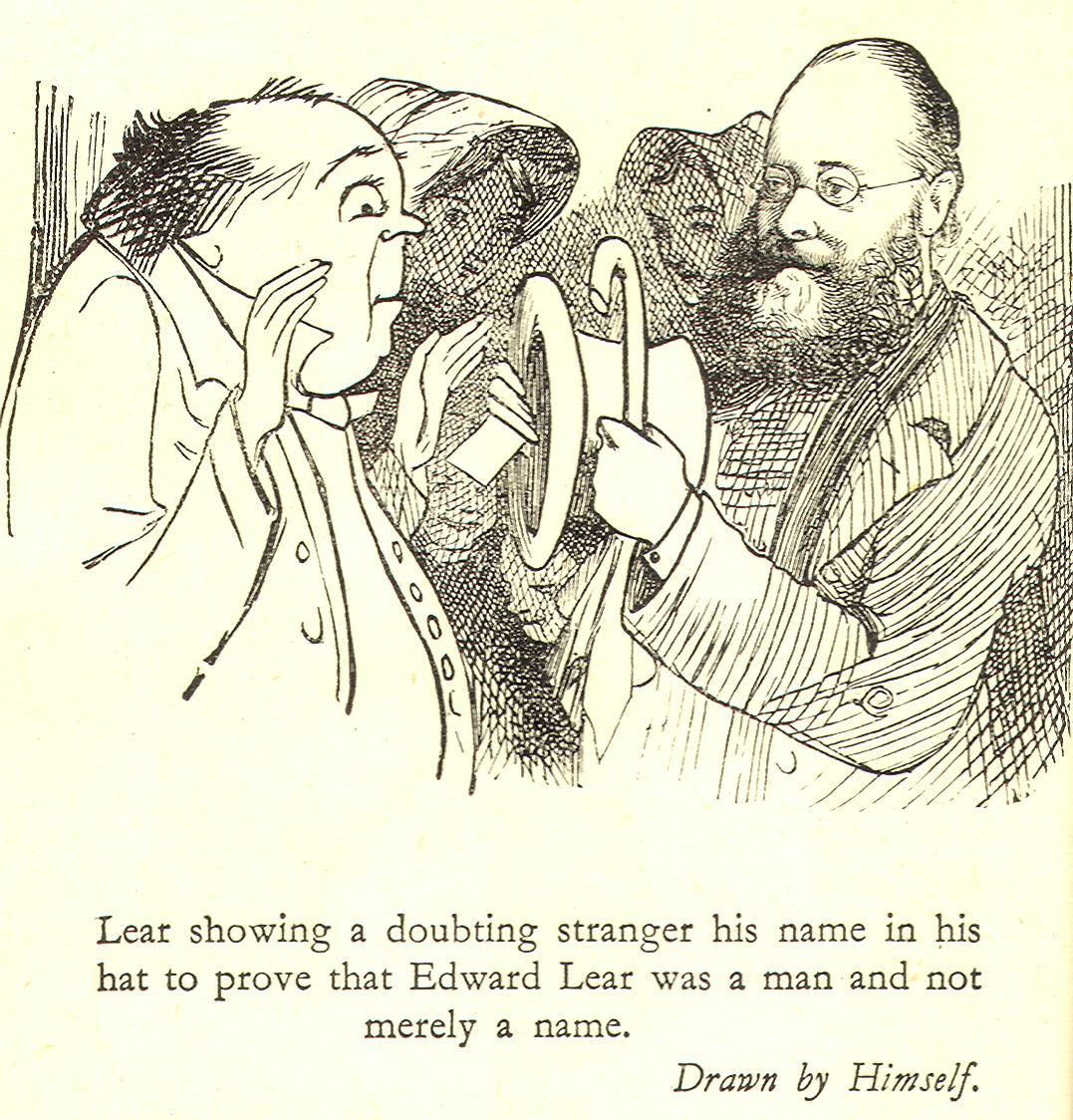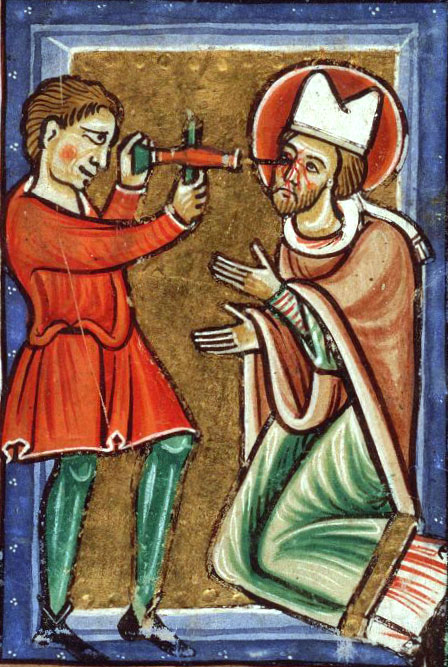Henry Cabot Lodge, the Republican Senator from Massachusetts, is in full rhetorical flight. It is awesome to behold. His narrow face visibly expands as he speaks, and the sheen of perspiration across his brow sparkles magnificently under the Senate chamber’s unforgiving lighting.
The last words of President Wilson’s address to the Senate are still ringing in his ears and in the ears of his Senate colleagues. “A new role and a new responsibility have come to this great nation”, that schmuck Woodrow had said, “that we honor and which we would all wish to lift to yet higher levels of service and achievement.” God, the insufferable smugness of the man. As if joining his wonderful new club, the League of Nations, would make up for dragging the US into that phoney European war in the first place and mortgaging the last soup spoon in the nation’s dinner-service to do it.
In his speech-in-reply, he has torn the President a new one, eviscerating each and every one of Wilson’s arguments in favour of joining this supposed league of mutual protection and enrichment. Now, he reaches the climax of his oration.
“Never,” he growls, “will the United States of America, surrender one iota of its national sovereignty, nor place its powers and prerogatives at the disposal of some meagre foreign assembly. It does not befit a nation as great as ours to join President Wilson’s League of Nations.” His voice is ripe with contempt as he spits out the final phrase.
“At the very least,” he declaims, “we might consider joining a much cooler international association. An International League of Justice, say, or – better – an International League of Awesome. But to the League of Nations we shall not bend the knee.”
His Republican colleagues cheer and he catches the eye of William Borah, Senator from Idaho, who throws out his pre-arranged interjection, “Why not Super Nation Squad?” he calls.
In response, Lodge cries out theatrically, “I thank the honourable Senator from the great state of Idaho for his apposite contribution, but I’m afraid that under this President, such a squad would be decidedly less than super. There would be no capes nor figure-hugging suits. We would not fly invisible jets, nor under the steam of our own superpowers. Mired in the ordinary, workaday concerns of diplomacy, this Squad would never soar into the heavens, nor blast the enemy with heatvision or globules of lava propelled from our fingertips.
”So I call on the Senate to reject this proposal. We should not – nay, we must not – join this League of Nations.”
Senators from both sides are calling out. The noise is a finely balanced one, his ear cannot distinguish cheers from catcalls. But, as he looks at the expressions on the faces of those opposite, he knows that he has carried the day. He yields and returns to his seat.
At last the Senator from Connecticut, Frank Bosworth Brandegee, rises to his feet. A tall, genteel man, he smiles for a moment and then waits, looking down at his notes, until the chamber is quiet. When every voice is silent, he sets his pince-nez glasses firmly atop the bridge of his nose and waits a further beat.
Finally, in controlled and precise tones, he speaks. “Mister President,” he says. “Today, you have heard the voice of the Republican Party. But not just that of the Grand Old Party. Through us, you have heard the voice of the American people. Understand this. We would totally consider joining The Titans, The Immortals, The Defenders, The Avengers, The Power Buddies, League of Awesome, League of Legends, League of Destiny, League of Power, Super Nation Squad, The Silver Cutlass Crew, Ultra Team or Super Danger Elite Ultra Mega Force.
“But we will never consent to join the League of Nations.”
File under: american exceptionalism excepted | abiding by the principle of not joining any club that would have you
(Image source: Fine Art America)





